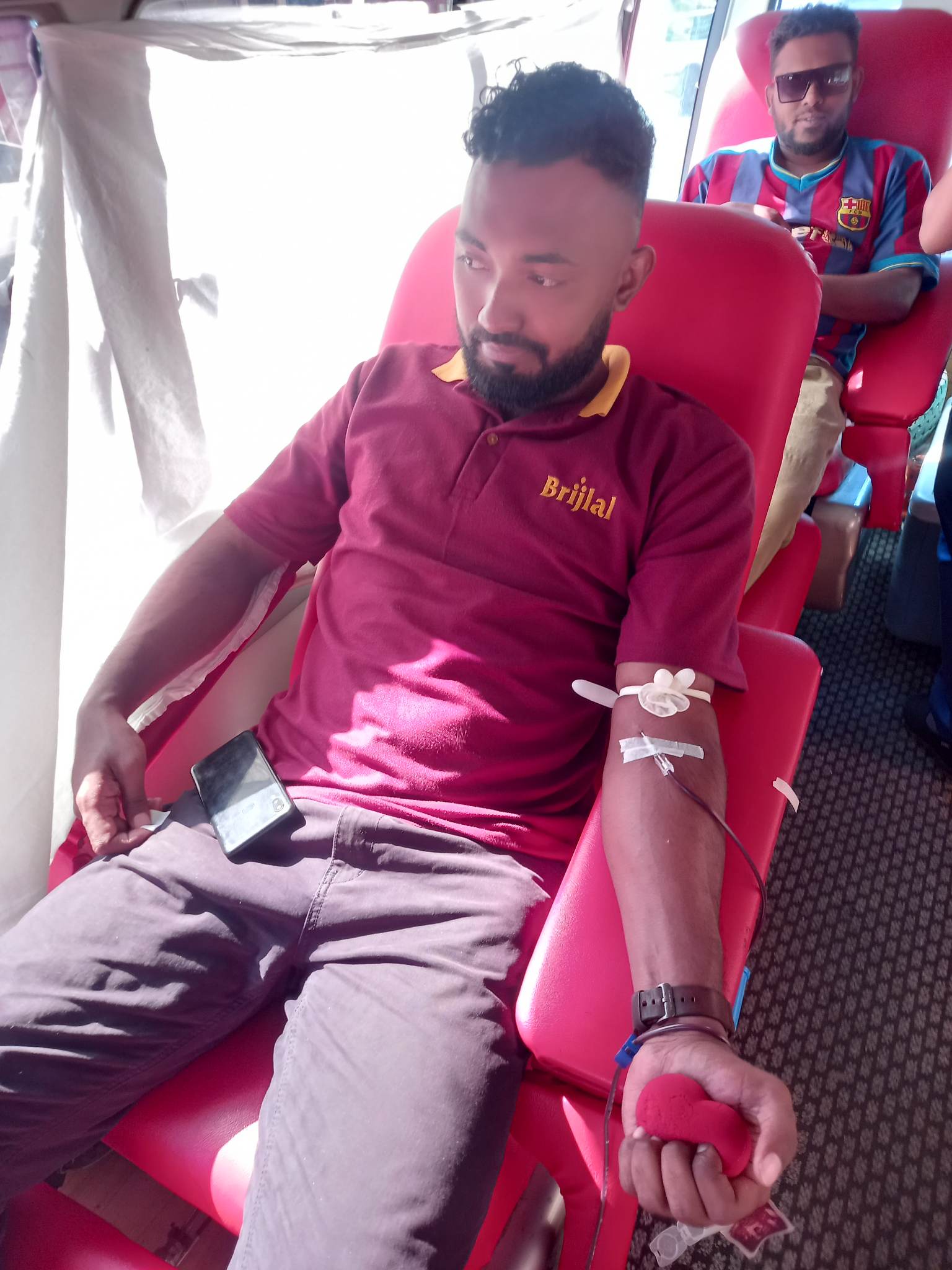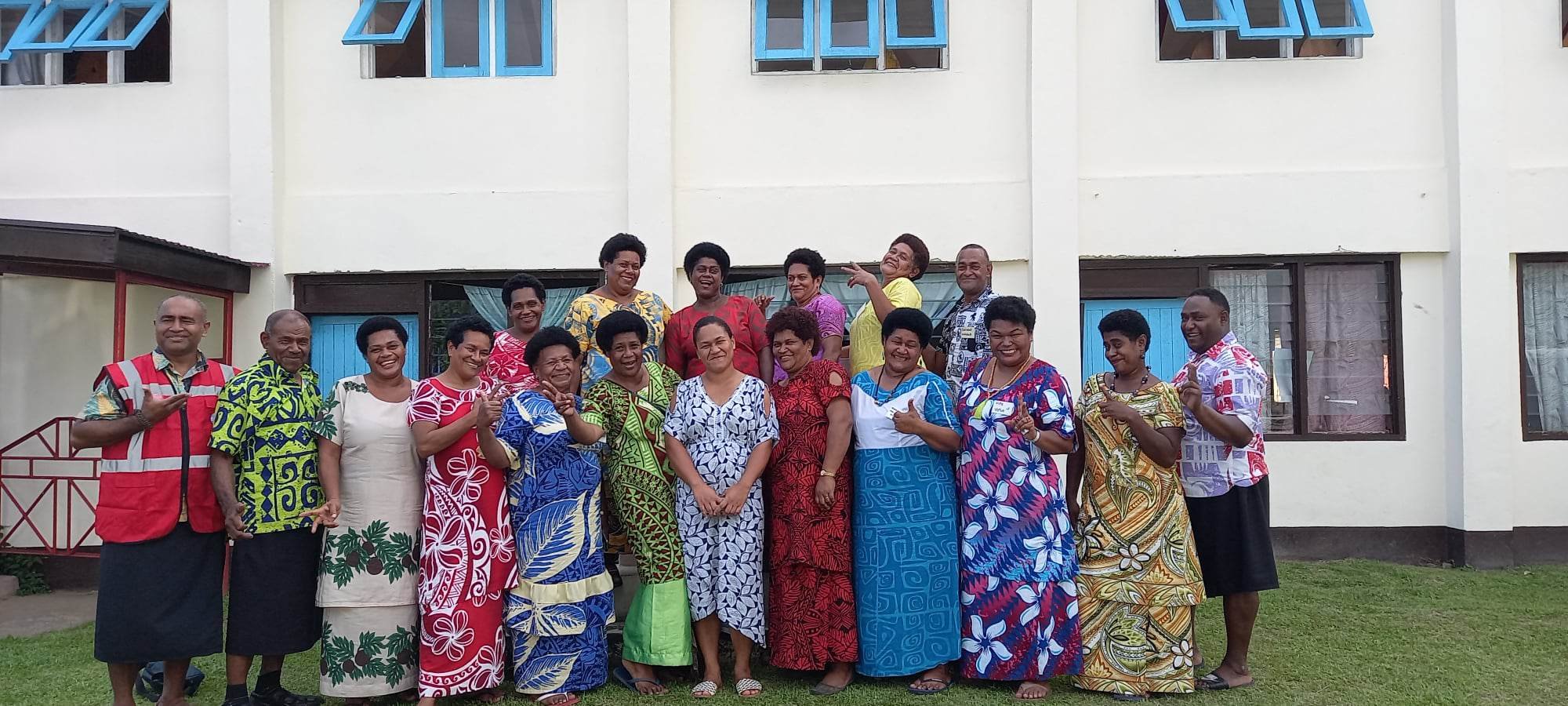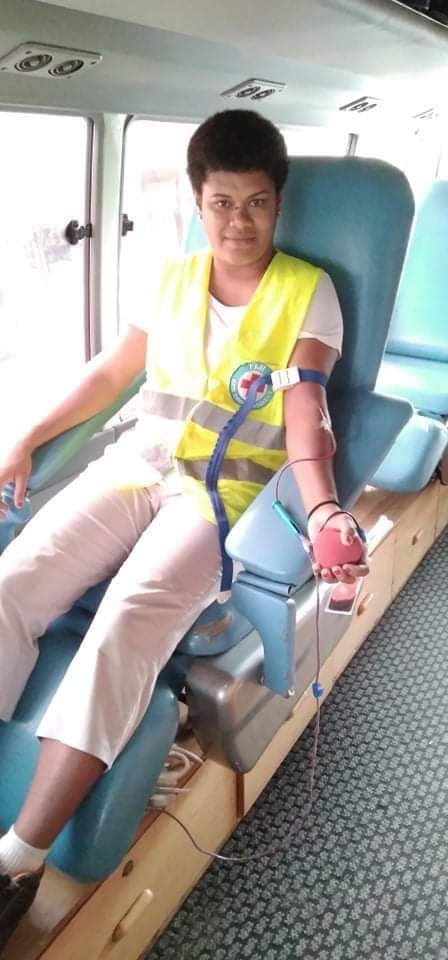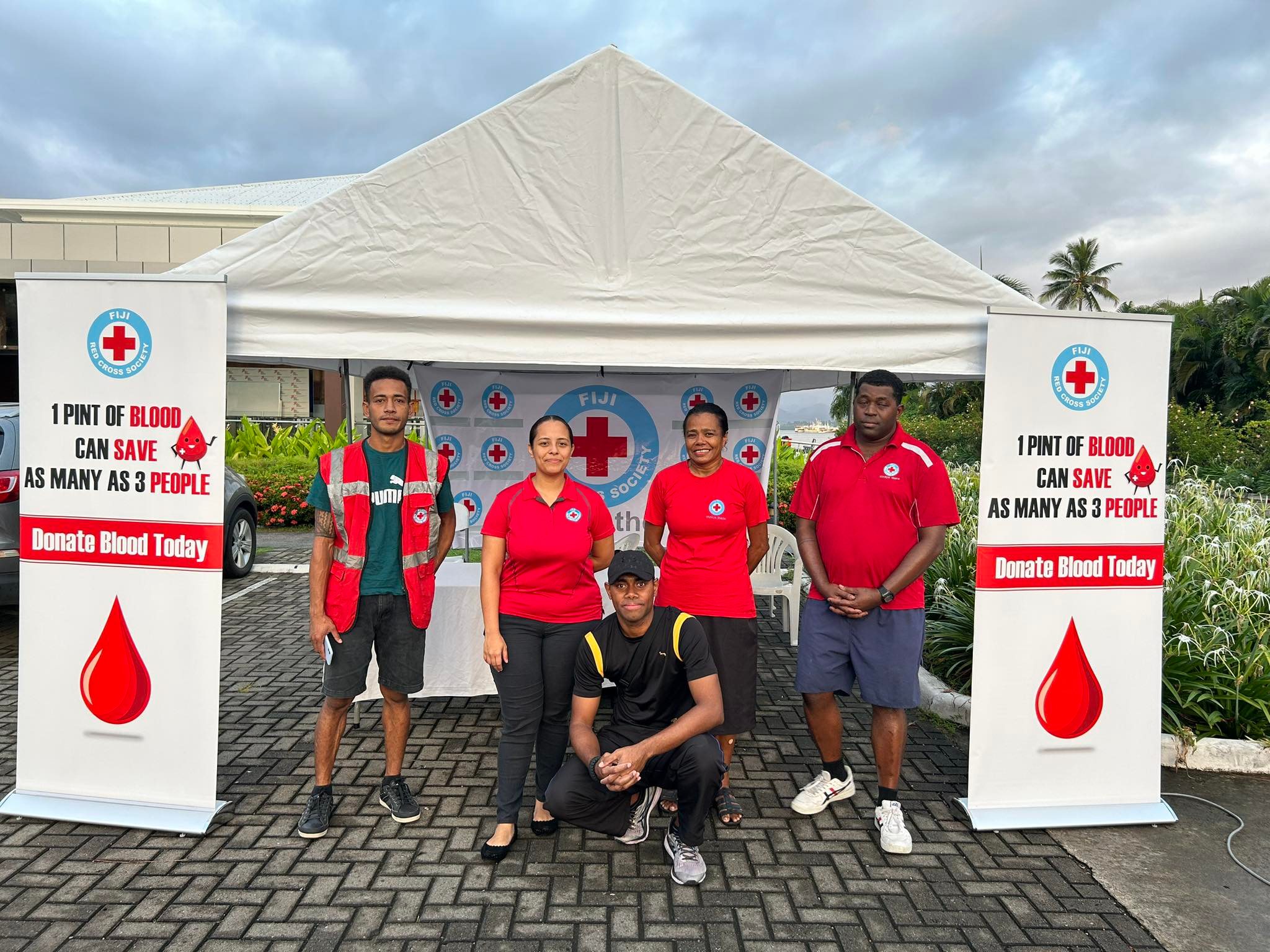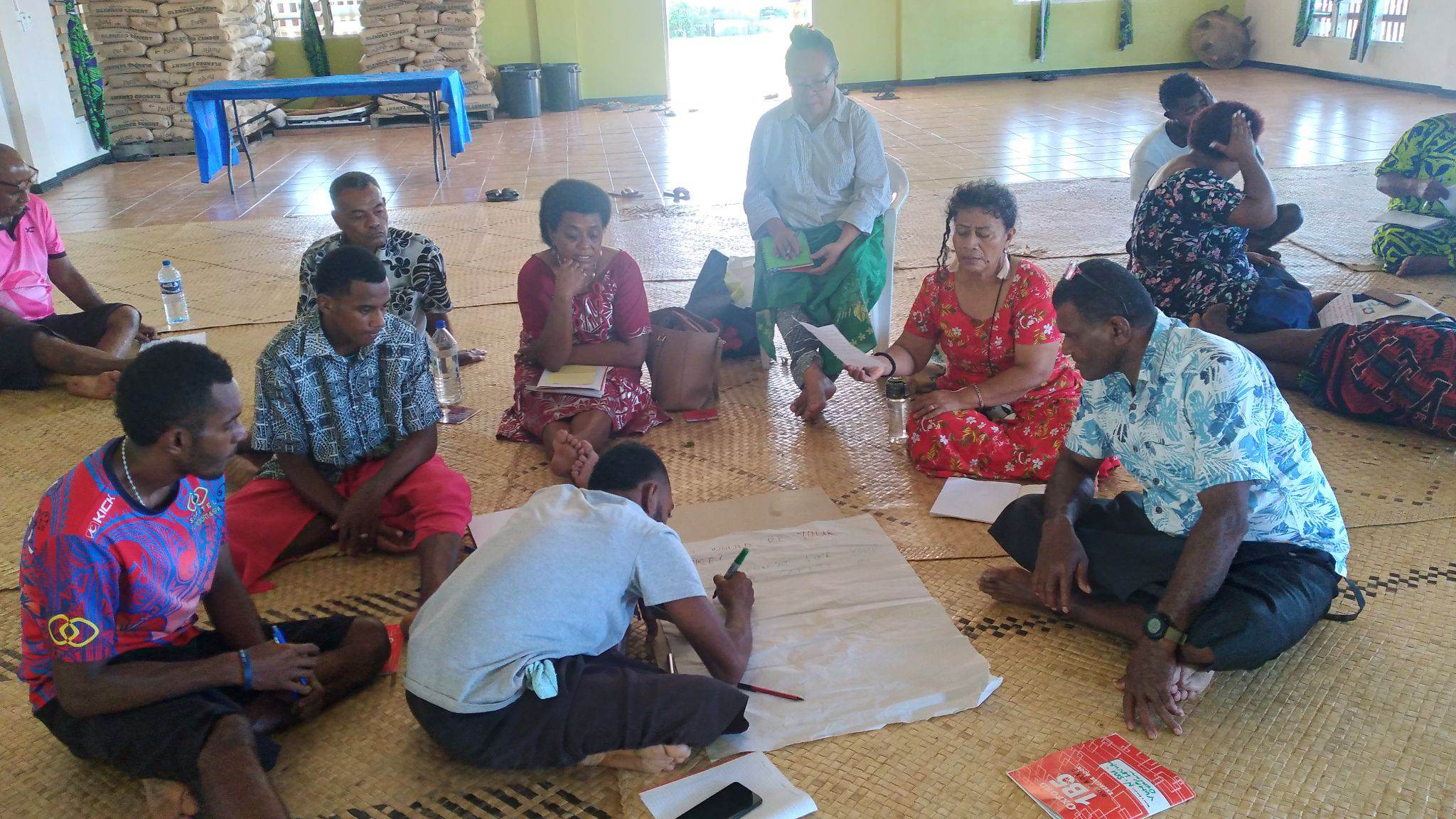Health & Care
Background
In Fiji, communities face a range of health challenges, including non-communicable diseases, sexually transmitted infections, emerging and re-emerging communicable diseases. These issues are compounded by limited resources, rapid urbanization, the effects of climate change, natural disasters, and persistent poverty.
Addressing these threats requires empowering communities and building the resilience of individuals.
Our Approach
We make a difference by empowering volunteers and communities to take control of their own health. We mobilize communities to employ evidence-based methods and straightforward tools to identify, prioritize, and address their health needs.
Our Concept
We believe that early interventions lead to early actions, ultimately saving lives.
Our Reach
Annually, we reach approximately 700,000 people in Fiji through:
- Community-based health programs
- Volunteer-led epidemic control activities
- Recruitment of voluntary, non-remunerated blood donors
- Empowerment activities aimed at reducing the risks of non-communicable diseases
- Support for individuals with disabilities and post-hospital well-care activities
- First-aid community awareness initiatives
We achieve this through:
- Active community engagement
- Raising awareness through mass media platforms
Epidemic Control for Volunteers
This is a training package that prepares volunteers in preventing and managing epidemics in communities. It provides volunteers with basic information on actions, diseases and messages that prevent epidemics in communities.
Recruitment of voluntary, non-remunerated blood donors
Blood is vital to life and for many people blood donors are their lifeline.
What is blood donation?
Blood donation happens when a person voluntarily has blood drawn to be used by someone else who needs it.
Why should I donate blood?
Giving blood is giving life, a chance for someone else to live a little longer, a hope to live.
Who uses it?
Whole blood or parts of blood is used by: people who do not have enough blood in their body such as people sick with cancer, people who are anaemic, people with blood disorders, people that are having surgeries, pregnant women, people who have lost a lot of blood from accidents, etc.
The Process of Blood Donation
- Ministry of Health’s Blood Services will set up a convenient location to collect blood.
- Donors will come individually for screening (blood iron level, blood sugar level and blood pressure).
- Blood collection.
- Reasons why people don’t donate:
- I’m afraid of needles
- A quick pinch, then 15-20 minutes could mean saving up to 3 people’s lives
- I’m too busy
- The entire process, takes about 30 minutes and gives hope
- I already gave this year!
- You can give every 90 days – that could be 4x a year!
- My blood isn’t the right type.
- Every type of blood is needed daily to meet patient needs
- I could get COVID-19
- All precautionary measures are taken to prevent any possible transmission
- How do I prepared myself?
Have a good meal prior to coming to donate
ELIGIBILITY
- Both male and female
- between the ages of 16 and 65
- weigh more than 50kg
- fit and healthy
- safe for people with some illnesses and on some medications to safely donate blood, so just come
Reducing the Burden of Non-Communicable Diseases in communities
Develop and implement community driven non-communicable diseases prevention programs using a holistic health approach on preventing shared risk factors and promoting healthy life style; focusing on targeted populations.
Disabilities and post hospital well care activities
Advocate, empower and provide short term well care support to people living with disabilities and people recovering from surgeries or long term illnesses in communities.
First aid community awareness
First Aid is the first help given to an injured or sick person before medical help arrives. In many places in Fiji medical help is usually very far away. Fiji Red Cross can carry out awareness sessions in your communities upon request for free. Alternatively you also become a first aider for a fee and share your knowledge in your families. This could mean the difference between life and death. First Aid covers basic knowledge of what to do when a person is: not breathing, choking, overdosed with a chemical, injured and so forth.
